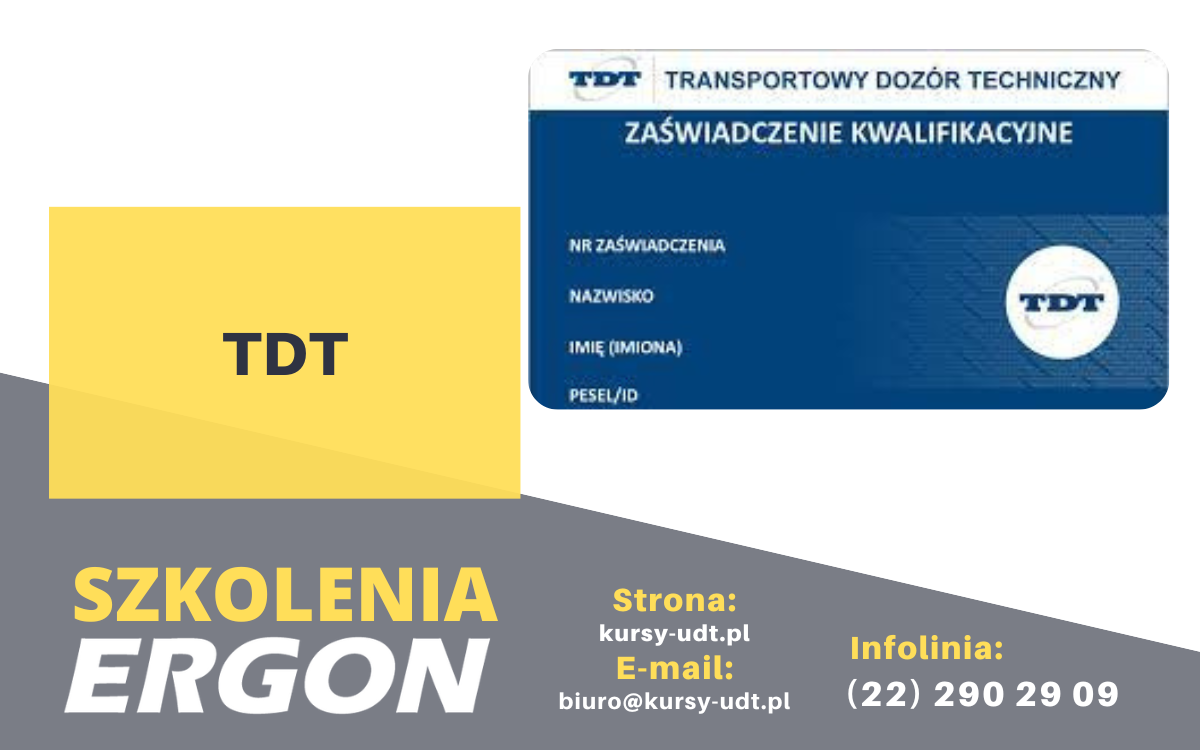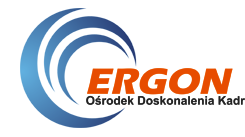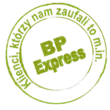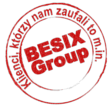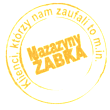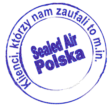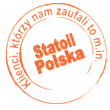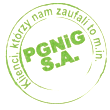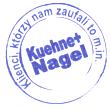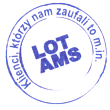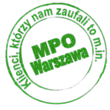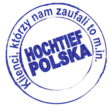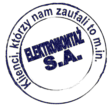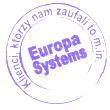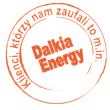TDT authorisations, UNO - training courses
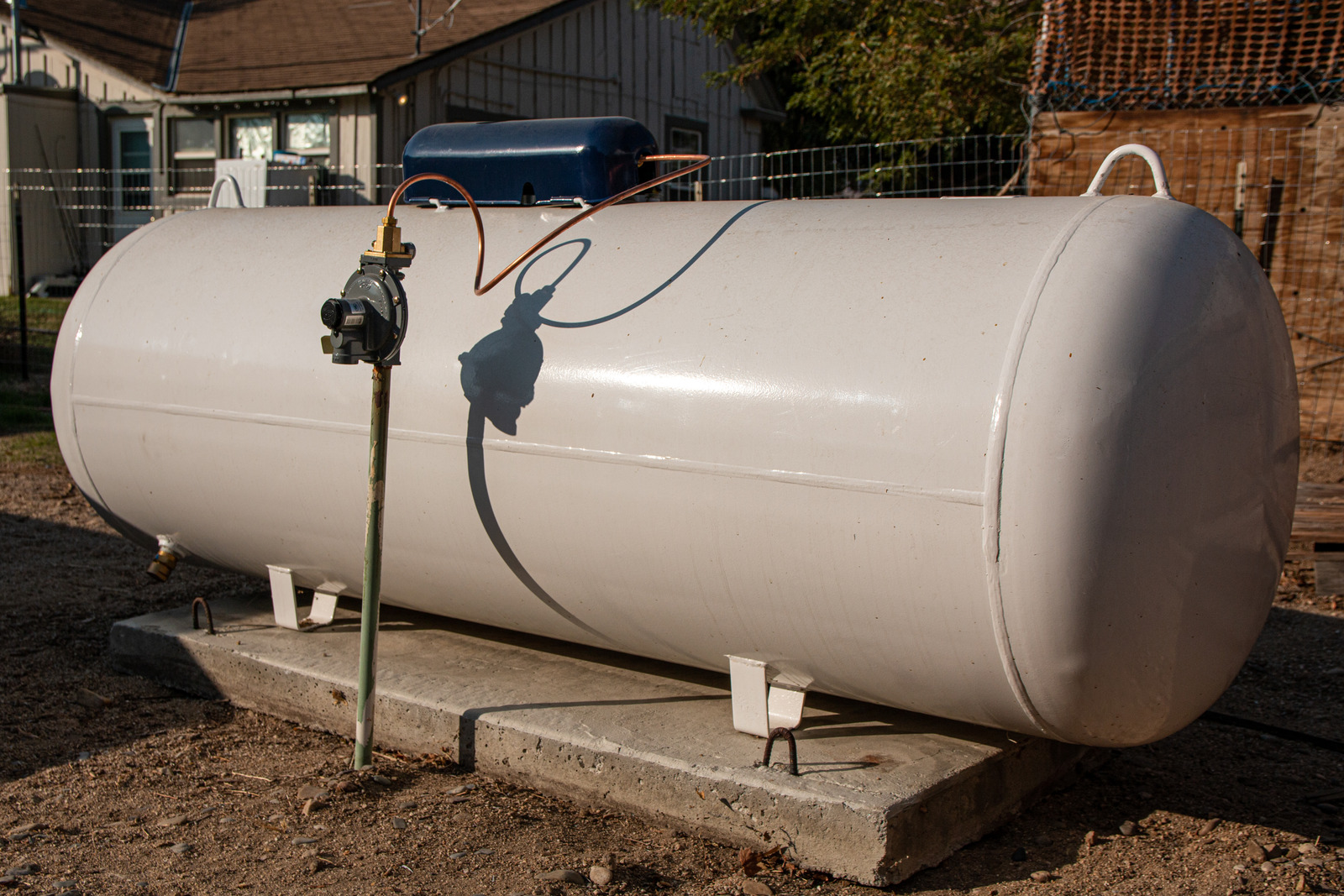
Tank filling and emptying course
ERGON Personnel Training Center organises TDT training for filling and emptying tanks. This is an important skill for those who transport or spill various substances - especially dangerous ones - by means of tanks. In order to do this job, you must have the right entitlements. If you don't have them, you face severe penalties in the event of an inspection. So it's not worth the risk, take the training!
Who should be trained?
TDT course (also known as the UNO course) is intended for anyone interested. In particular, it should be attended by those who are professional drivers who transport goods in tanks. Such drivers already have the appropriate authorization to transport dangerous products, i.e. in the field of ADR. However, the transport itself may be insufficient in special cases, so it is worth acquiring additional licenses for self-filling tankers. The training is also intended for employees serving bottlers of dangerous goods. These types of devices are usually placed in companies that produce such goods.
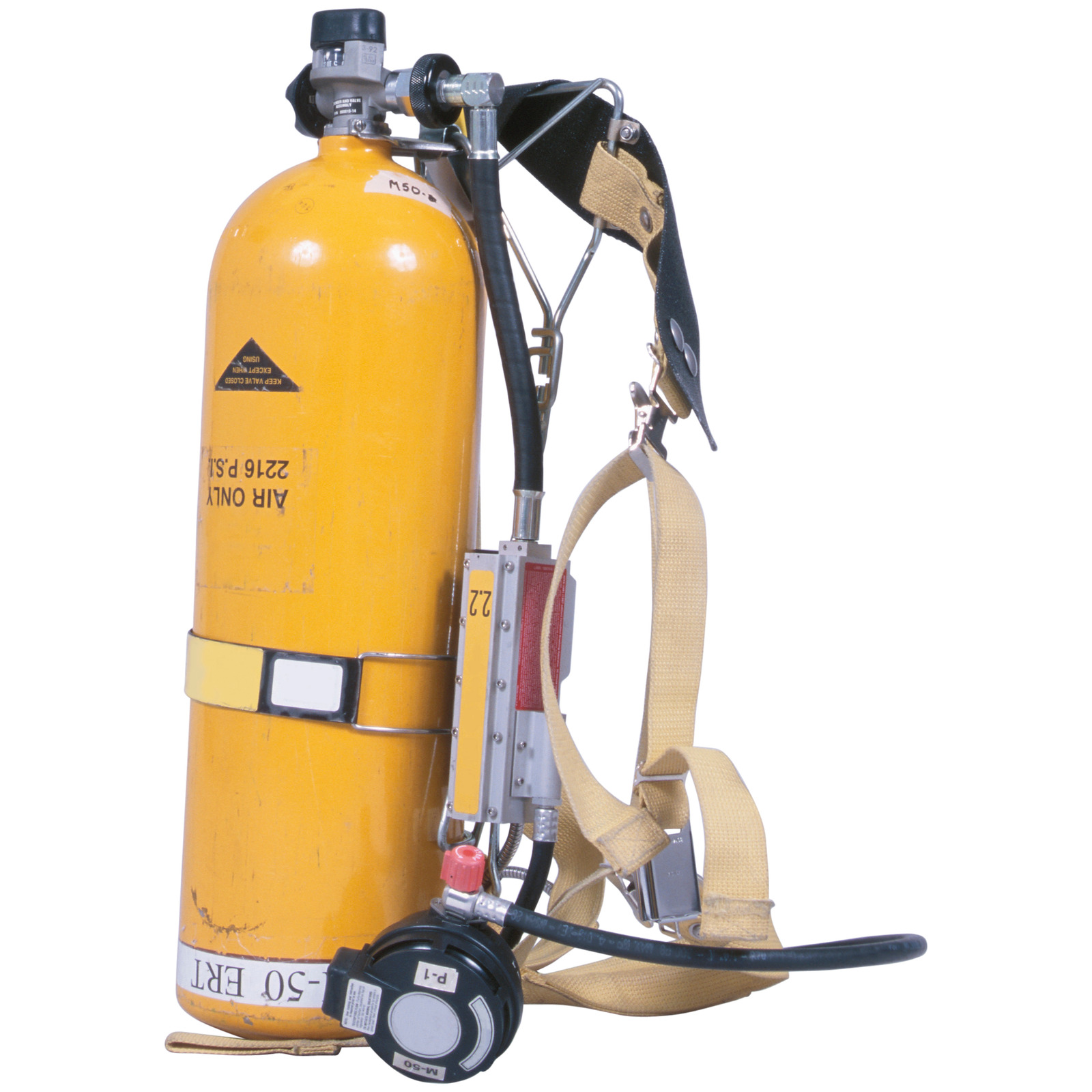
Requirements for the trainee
First and foremost, a person who can participate in the course must be at least 18 years old. Such a person must also know Polish - an important criterion for foreigners, as the TDT examination is not translated into other languages. If the knowledge of Polish is not at an adequate level, it is acceptable for an interpreter to be provided. However, it is more important that the participant has at least vocational training. A certificate of qualification as a skilled worker can also take care of this. The final criterion is the completion of the examination application. This document must be submitted at the start of the training along with proof of training (or being a skilled worker).
The range of topics
TDT training covers both theoretical and practical issues. These include, among others:
| Issue | Explanation |
| Health and Safety and fire protection | Familiarise yourself with health and safety and fire regulations. |
| Dangerous materials | Acquisition of knowledge about hazardous materials and, above all, their chemical or physical properties. |
| Tank markings | Instructing participants on how to describe and read the markings on tanks for transport. |
| Construction and supervision | Familiarisation with the design of the tanks and the technical supervision of all equipment. |
| UNO support | Practical learning how to operate filling machines and how to fill and empty tankers. |
Regardless of the class of materials to which we are certified, the issues are the same. The only difference is the amount of material to be mastered during the course.
Course of training and examination

Once the formal requirements have been met, training can begin. Theoretical topics are discussed at the beginning. In a later stage, attention is given to practical aspects, which are crucial to the entire learning process. Once all the material has been covered, an examination awaits you. The Transport Technical Supervision has its own qualification board and it is this board that the trainee faces. A positive result of the exam ensures that you receive a certificate of qualification to operate UNO equipment. It is worth mentioning that equipment authorisations are valid indefinitely. Therefore, it does not need to be renewed periodically, as is the case with other equipment. It is also important to know that it is possible to carry out authorisations for several classes of hazardous materials. This is a good solution for those who have to handle different types of goods in their work.
Why choose us?
Our centre will train you in the use of TDT and UNO equipment. Our staff of well-trained specialists and the materials we have will ensure that you are properly prepared for and pass the exam. We organise training courses at our branches, but if you want to hold them at your workplace, this is possible. We will come to any place in Poland! The ERGON Personnel Development Centre encourages you to take part in a course!
Dangerous goods - what are they?
The ERGON Centre for the Development of Human Resources organises training courses for various products classified as hazardous. These include, for example, gases or flammable liquids - these are class two and three respectively. Class four includes solid flammable materials, as well as self-reacting, spontaneously combustible materials and those that form flammable gases when in contact with water. Oxidising materials and organic peroxides, on the other hand, are class five hazardous materials. We also train in the handling of poisonous and infectious materials - class six - and corrosive materials belonging to class eight. Last in the classification are various non-hazardous goods, i.e. flour, oils, petrygo, asphalt, bituminous masses, but filled under pressure.
If you have any questions, please do not hesitate to contact us.
